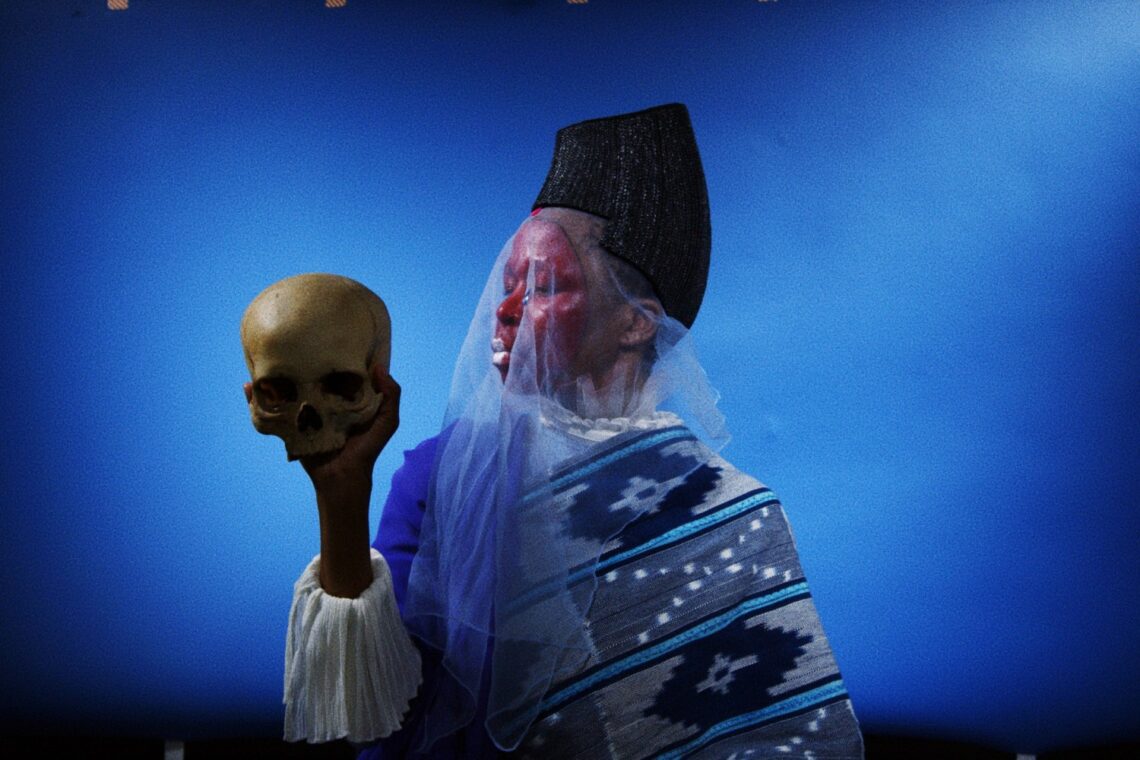A journey through identity and exile: Lemohang Mosese’s ‘Ancestral Visions of the Future’
A new chapter in African cinema
Lemohang Mosese, a celebrated filmmaker, is currently in the post-production phase of his fourth feature film, Ancestral Visions of the Future. This project, which will be showcased at the Venice Production Bridge’s Final Cut workshop, delves into themes of identity, childhood, death, and exile. The narrative unfolds through the perspectives of a puppeteer, a mother, a boy, a farmer, and a city, offering a rich tapestry of personal and communal experiences.
The allegorical essence
Described as an “allegorical essay,” the film centers on a puppeteer in a bustling African marketplace. This character, who also serves as an herbalist, preacher, and prophet, urges the locals to reconnect with their ancestral roots. He preaches about the beauty of human life and the potential for greatness, despite the brevity of existence. However, the city, symbolic of modernity and its challenges, becomes increasingly hostile, crushing the puppeteer’s spirit and dreams.
A personal reflection
Mosese considers Ancestral Visions of the Future his most autobiographical work to date. He aims to piece together the fragmented memories of his past, creating a narrative that closely mirrors his own life experiences. Raised in Lesotho, a small, mountainous kingdom in Southern Africa, Mosese’s childhood was marred by violence and displacement. His family was evicted from their home, forcing them to relocate to the outskirts of Hlotse, an event that profoundly impacted his sense of belonging.
The struggle with exile
Now based in Berlin, Mosese has grappled with the concept of exile both professionally and personally. He often envisioned a return to his homeland, a place he considered a sanctuary. However, a poignant encounter with a disheveled African man in Berlin made him realize that this idea of “home” was more of a mirage than a reality. This epiphany led him to question his past and the reasons behind his departure from Lesotho.
Revisiting the past through film
This introspection is vividly captured in Ancestral Visions of the Future, prompting Mosese to ask himself difficult questions about his childhood and the country he left behind. The film is produced by Agat Films in collaboration with Mokaoari Street Media and Seera Films, marking a significant milestone in Mosese’s career.
Previous works and accolades
Mosese first gained international recognition with his sophomore feature, Mother, I Am Suffocating. This Is My Last Film About You. This docufiction, which premiered at the Berlinale’s Forum in 2019, explored his exile from Lesotho. His next film, This Is Not a Burial, It’s a Resurrection, debuted at the Sundance Film Festival in 2020, winning a special jury prize for ”visionary filmmaking”. This film, a mythic tale about an 80-year-old widow facing forced resettlement, was Lesotho’s first-ever submission for the Academy Awards.
The influence of family
Mosese credits his mother for inspiring Ancestral Visions of the Future. Despite the hardships they faced, she instilled in him the belief in dreams and the power of resilience. Her unwavering support and optimism helped him navigate a challenging childhood, shaping his outlook on life and art.
The power of belief
Reflecting on his journey, Mosese acknowledges the almost delusional optimism required to succeed in cinema, especially coming from a place like Lesotho. His mother’s belief in a better future, despite their dire circumstances, has been a driving force in his career.
Explore more
For those interested in exploring Mosese’s work, you can watch the trailer for Ancestral Visions of the Future here. Additionally, you can delve into his previous films, Mother, I Am Suffocating. This Is My Last Film About You here and This Is Not a Burial, It’s a Resurrection here.
Final thoughts
Lemohang Mosese’s films offer a profound exploration of identity, exile, and the human condition. His unique storytelling, deeply rooted in personal experiences, provides a compelling narrative that resonates with audiences worldwide. As he continues to push the boundaries of African cinema, Mosese’s work remains a testament to the power of belief and the enduring spirit of resilience.

 Italian
Italian







